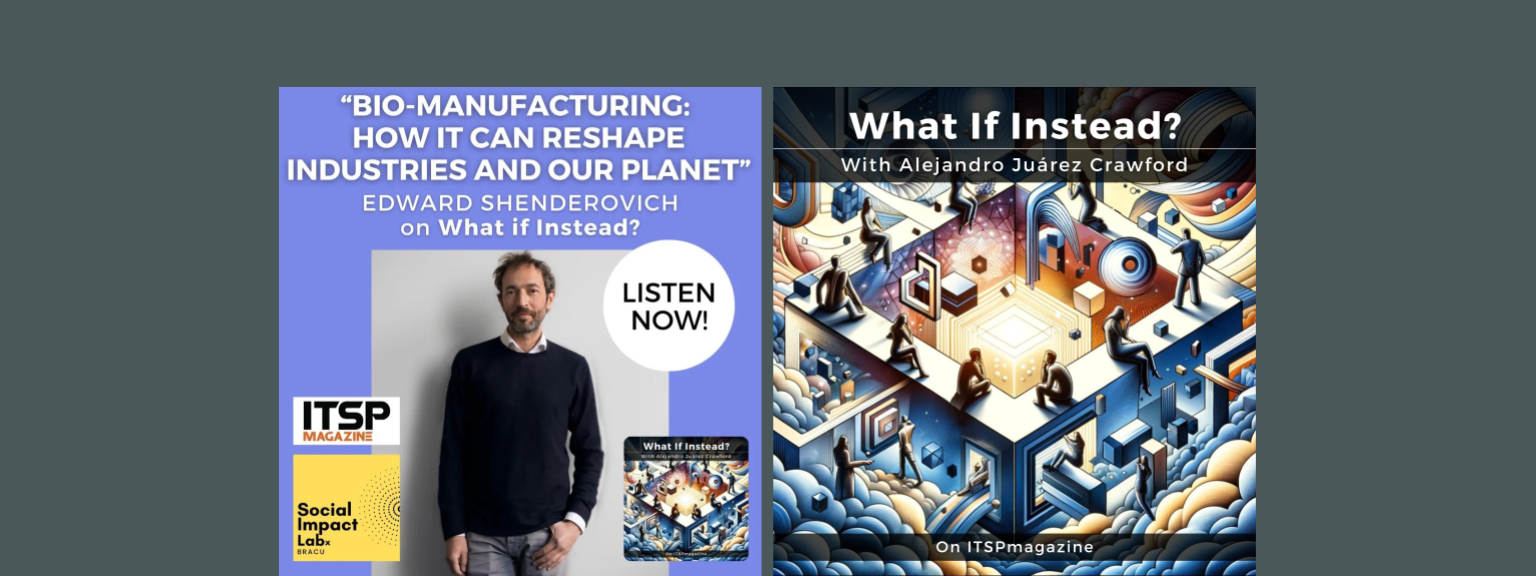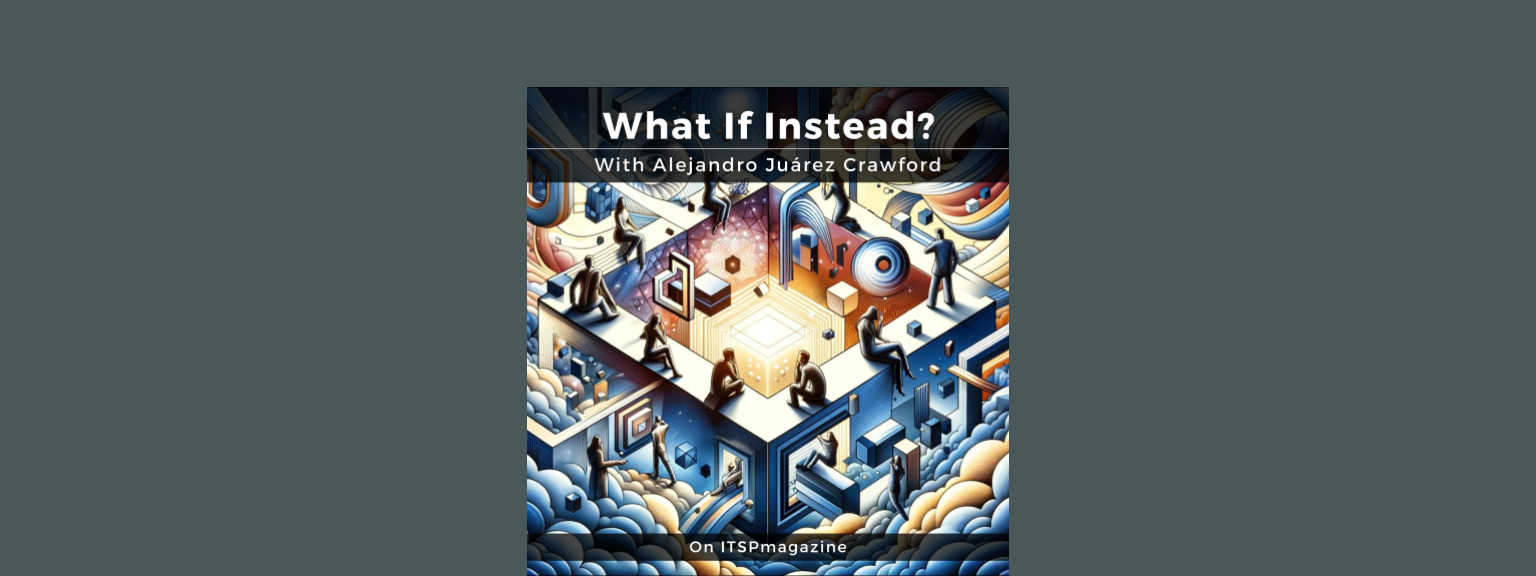My colleague Natalya Mikhailova teaches social entrepreneurship at European Humanities University (EHU). EHU serves as a university-in-exile for students from Belarus, where the self-proclaimed dictator Alexander Lukashenko has clamped down on protests with torture and arrests. The Russian military has occupied the country, using it as a springboard to invade Ukraine. After the invasion on February 24 of this year, Natalya emailed me: “I am afraid for the future of Belarus.” Belarussian students had previously fled to Ukraine, she noted. “Will we be able to offer them this kind of education going forward?” Through the Open Society University Network (OSUN), Natalya’s students take part in a global practicum I helped create. The practicum challenges participants to collaborate on solutions to real-world problems using the RebelBase software platform, which we built to make such experiments possible. Often, their projects introduce new models for democratizing access to opportunity and sustainability in their communities. Now, as millions flee bombs aimed at hospitals, schools, and apartment buildings in Ukraine, I have asked myself whether social entrepreneurship might not be a luxury for brighter days. Our practicum includes students in refugee camps and occupied territories. The obstacles are massive. Now the ranks swell again. Are we kidding ourselves to ask students to build new solutions while the world falls apart? Kali Wilk, an entrepreneur working with RebelBase’s Kingston team through Erasmus for Young Entrepreneurs, spent the past seven weeks helping refugees enter her native Poland, and our lead software engineer in Budapest traveled to the Hungary-Ukraine border to help students cross. Many struggled even to reach the border. Back in August, Aibiike Esengulova of Social Innovation Lab Kyrgyzstan (SILK) called me in desperation: “What will our female students in Afghanistan do now?” Our colleague Jonathan Becker moved heaven and earth to evacuate many so they might continue their work. Others remain. Despair, Natalya’s email reminded me, is the luxury we can’t afford: “The fewer opportunities our students in Belarus have, the more insulated the regime becomes—and the easier it gets to build self-perpetuating repressive mechanisms that rob the country of any viable future.” War and repression don’t come out of nowhere. To proceed with impunity, the Lukashenkos and Putins of the world need the rest of us to despair of our capacity to forge the future. After the Second World War, in The Open Society and its Enemies, Karl Popper warned of grand promises to reclaim national greatness. A leading philosopher of science, Popper stressed that the alternative to tyranny lay in “piecemeal” experiments. Sweeping promises tempt in times of flux, but worthy advances come bit by bit, through broad-based trial and error. If Popper got it right, then the experiments our students launch do matter. Their teams identify broken systems and design alternatives, from renewable energy ventures to education initiatives; this spring, we’ve added a second offering, in which students use RebelBase to create experiments within existing organizations. Many form teams with peers from far-flung countries. As they workshop everything from prototypes to financial models, they help each other discover what will not work, go back to the drawing board, and try again. As they strive to make their experiments real, they discover their powers to reinvent. They also bond with each other as they confront challenges. In a recent session, students from the Middle East presented a model for addressing violence against women. A chorus of voices from Europe and Asia responded, describing what they faced in their own communities. Richard Harrill, who serves as entrepreneur-in-residence for the global practicum, sees power in this entrepreneurial solidarity: “Experiential learning that enables people to forge solutions across borders will always be a threat.” Can we deliver education that trains us to do more than rent out our days to decrepit systems? Can we equip young people to invent models for democracy amidst ubiquitous surveillance and AI? Can we empower them to create the post-carbon economy, while entrenched interests hold us hostage to fossil fuels? The way we do things today is already history. The only question is who gets to replace it. Can we equip more young people to conduct the experiments, rather than serve as the guinea pigs? Technology has provided a fertile field for those working to destabilize democracy around the world. Can we turn this on its head, and use tech to democratize the creation of what comes next? I am humbled by our students. One, from Belarus, designed her business to fight mass incarceration and bias in the United States, where she now lives. We don’t get to create democratic institutions or thriving economies once, then sit back and relax. We must reinvent them through piecemeal experimentation— especially as the world burns. When opportunities to renew it narrow, bad actors locate the dead cells and move in. Promising mythic glories in place of unpredictable ones achieved through experimentation, they rob generations of the future they might build. If we leave it to the privileged few to decide what replaces the way we do things today, we get a dystopian world. We’re watching this now, in real time. The alternative to the next authoritarian, and the next one after that, lies in broadening the opportunity to conduct piecemeal experiments of one’s own.


